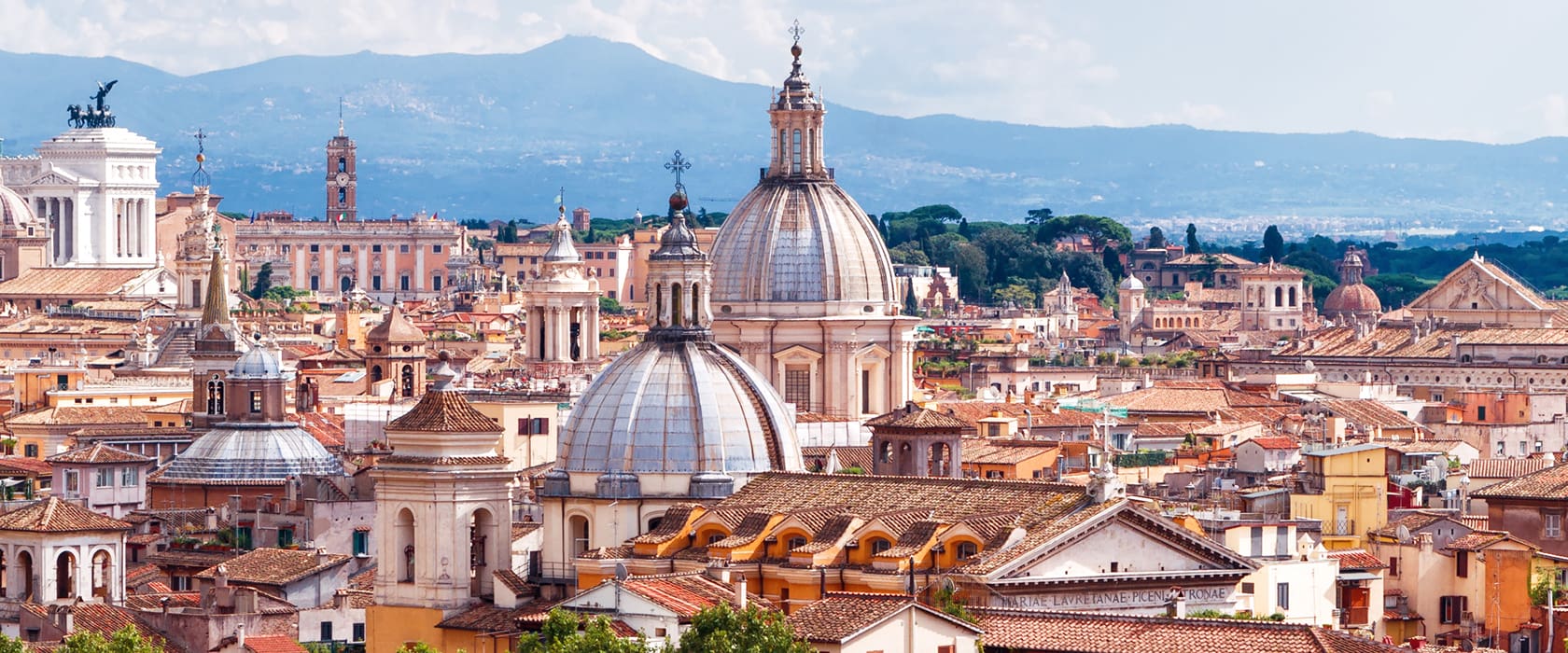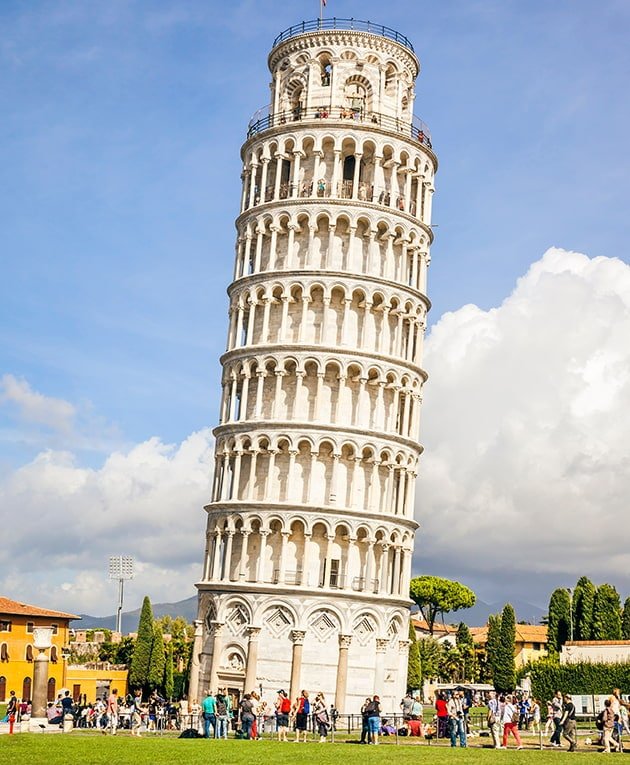-
Popular search terms
Get the Ultimate Guide
to Applying for an MBA

Download for free
Download you MBA Admissions Guide
Get the Ultimate Guide
to Applying for an MBA

Download for free
Download you MBA Admissions Guide

With world-famous cuisine, music, and fashion as well as one of the largest diaspora on the planet, Italy’s influence upon the rest of the world far outweighs its size. It is a diverse country that is effectively divided into two: the south of the country is more rural and reliant on tourism while the industrial and urbanized north is the more prosperous region where you’ll find the major cities of Turin, Milan, and Rome. However, throughout all parts of Italy, you’ll find world-class restaurants, globally-renowned architecture, and historical monuments at every turn.
Italy’s storied history extends itself to the country’s universities. Italy can lay claim to having the world’s oldest university still in operation, with the University of Bologna established in 1088. The University of Bologna also remains one of the most reputable in the country, ranked in the top 200 worldwide by both QS and Times Higher Education, while SDA Bocconi School of Management ranked in the top 10 on the Financial Times European Business School Rankings 2021. You’ll be hard-pressed to find such a perfect blend of fascinating historical sights, picturesque rural landscapes, and quality university education anywhere else.

Students from EU countries, as well as Switzerland, Norway, Liechtenstein, and Iceland do not need to apply for a student visa. However, they are still required to obtain a residence permit to stay in Italy for more than three months. Non-EU citizens can apply for a student visa at the Italian Embassy or Consulate in their home country. You’ll need to submit documents such as a passport photo, a valid travel document, proof of residence in Italy, proof of sufficient funds (EUR€467.65 per month), and proof of health insurance coverage.
All international students must obtain a residence permit within eight days of arriving in Italy. You will need to submit a residence permit (“permesso di soggiorno”) application, as well as copies of your passport, health insurance policy, and university acceptance letter. With an Italian student visa, you are allowed to work for a maximum of 20 hours per week.
Opening a bank account in Italy is essential to pay for transportation, rent, and other bills and expenses. Required documents for opening a bank account include a valid passport, a student certificate, a rental contract, and a personal Codice Fiscale (tax identification number).
Banks in Italy are under strict government supervision. The major banks in Italy are Intesa Sanpaolo, UniCredit, the Bank of Italy, and BNL (a sister company of BNP Paribas). Monthly maintenance fees range from completely free to EUR€6.
Italy has one of the best healthcare systems in the world, with the sixth-highest average life expectancy (84 years). The country has a mixed private-public healthcare system, in which all residents – both Italians and foreign nations – are entitled to public healthcare, which is mostly free of charge. In order to be eligible for public healthcare, you must first register with the Servizio Sanitario Nazionale (SSN), the national healthcare service of Italy. You will then be issued an Italian health insurance card (“tessera sanitaria”), which must be presented to receive care under the SSN.
Public healthcare covers doctor visits, most medical procedures, emergency dental care, and most prescription medication. For some procedures and specialist visits, you will be asked to copay, which amounts to around EUR€36 for every service or prescription. You can also take out private health insurance to expand your healthcare coverage and gain access to more personalized care. Private health insurance in Italy can be more expensive, costing anywhere between EUR€300 and €3,000 per year.
Universities in Italy often provide accommodation services to students, which is generally cheaper than searching for an apartment on the private market. According to the Italian Ministry of Education, University, and research, student accommodation must offer residence services (bathroom and kitchen), cultural and educational services (study rooms, meeting rooms, libraries), recreational facilities (gyms, game rooms, video, music, and internet rooms), and support services (laundry, bike storage, minimarket). It is important to note that housing guarantees are typically only for students from outside the EU.
On the private market, renting a room can cost anywhere between EUR€300 and €800 a month. Cities like Milan, Florence, Bolzano, Venice, Bologna, and Rome, have the highest monthly rental prices.
Several public transportation options are available in Italy, including trains, buses, metros, and ferries. Rome and Milan have the largest metro networks in the country. Other cities, such as Turin, Naples, and Genoa, have extensive local transport systems that include buses, trams, and even funiculars. In large cities, you can choose a series of tickets (from 100-minute tickets to weekly passes), depending on your needs. Daily trips in public transportation usually cost around EUR€1.50, while a monthly pass costs EUR€3.50. Student discounts are also available, but it varies by city.
Italy is also a bike-friendly country, with most major cities offering dedicated bike lanes. Bike-sharing services are also common in larger cities. It is important to note that cyclists need to be extremely vigilant as they bike alongside unpredictable local drivers.
The Big Mac Index was invented by The Economist in 1986 as an informal way of measuring the purchasing power parity (PPP) between two currencies. The price of a Big Mac in Italy is EUR€4.11 (equivalent to US$4.42 and JP¥561). For US$50, you can buy 11 Big Macs.
Italy is one of the cheapest countries in Europe. The country’s cheapest cities are Padova, Turin, Palermo, Bari, Verona, and Naples, while the most expensive cities are Milan, Venice, Rome, Bolzano, Florence, and Bologna. The estimated monthly costs of living in Italy are around EUR€760. To obtain a student visa, international students must show proof of sufficient funds of EUR€467.65 per month, or EUR€6,079.45 per year.